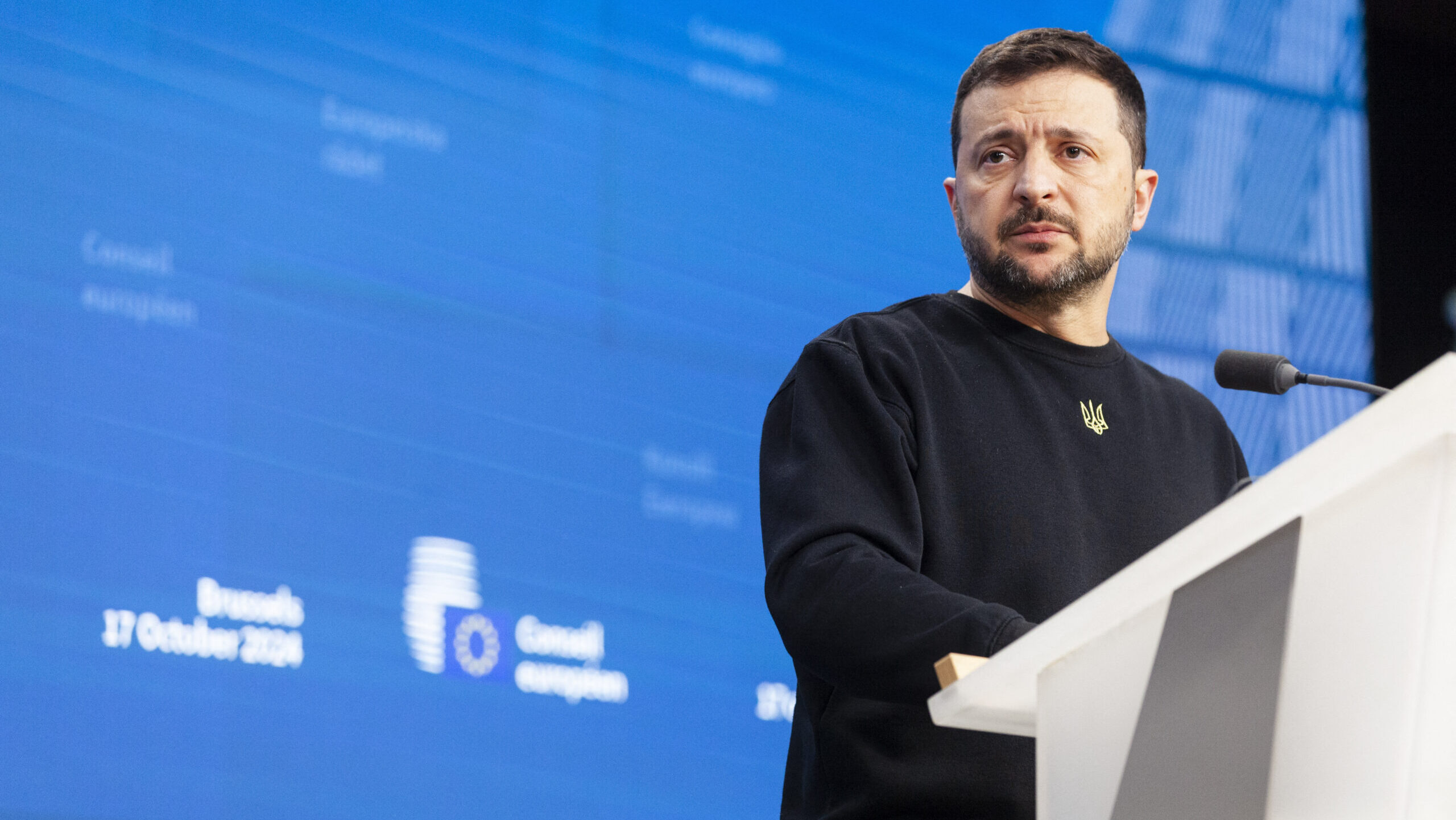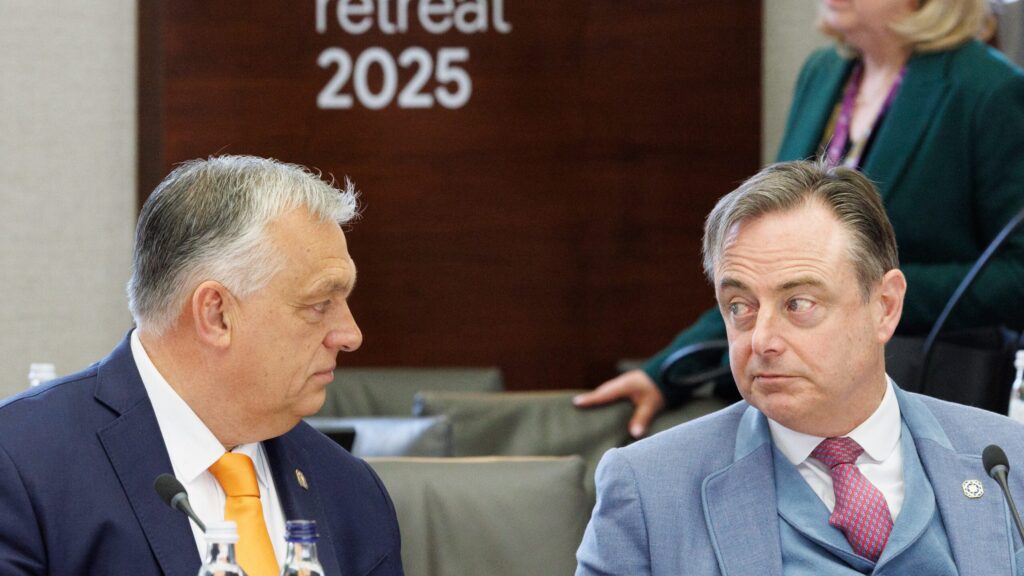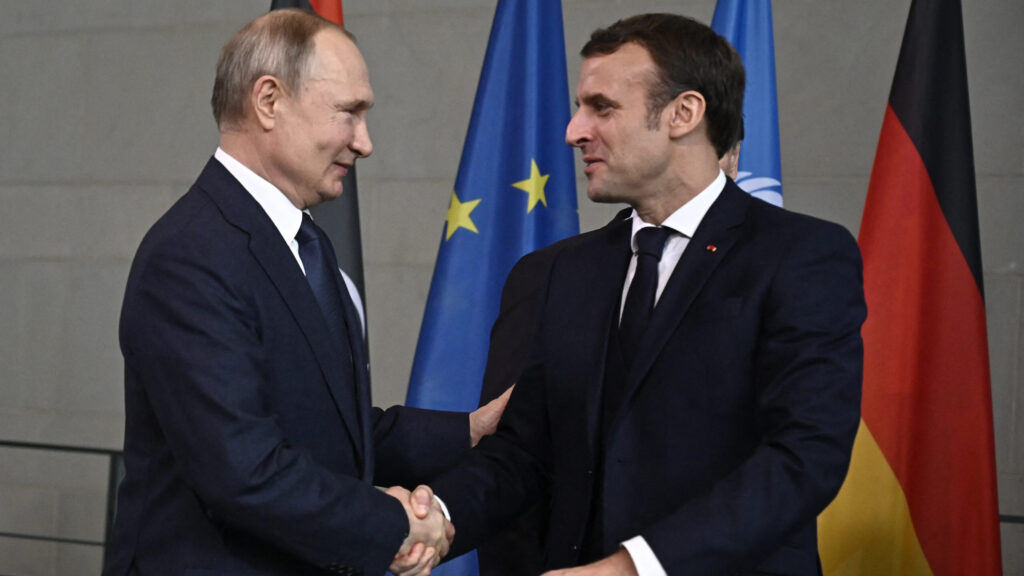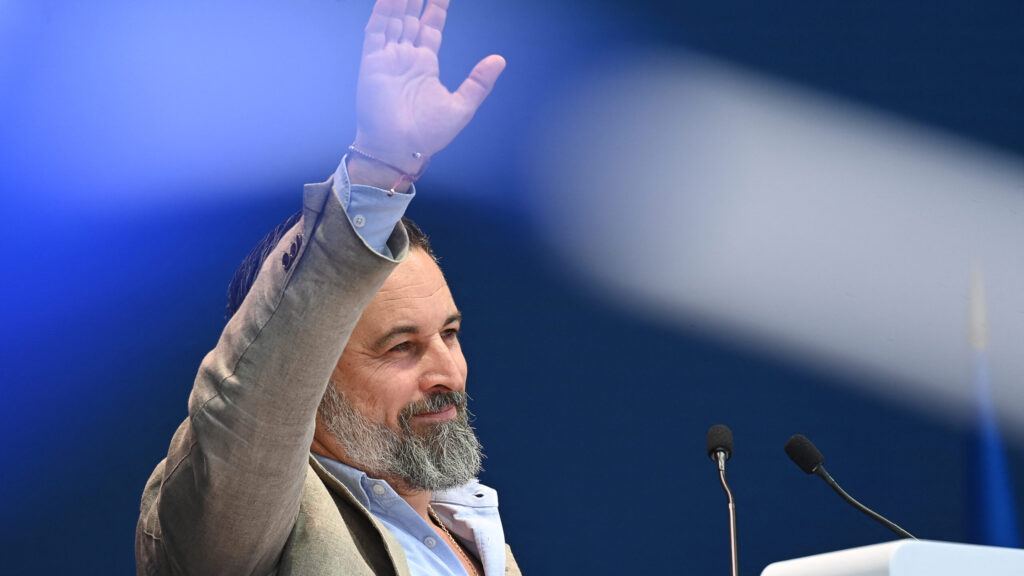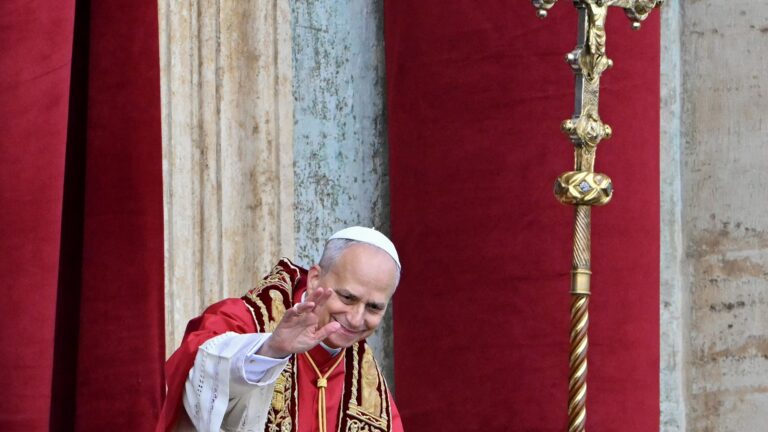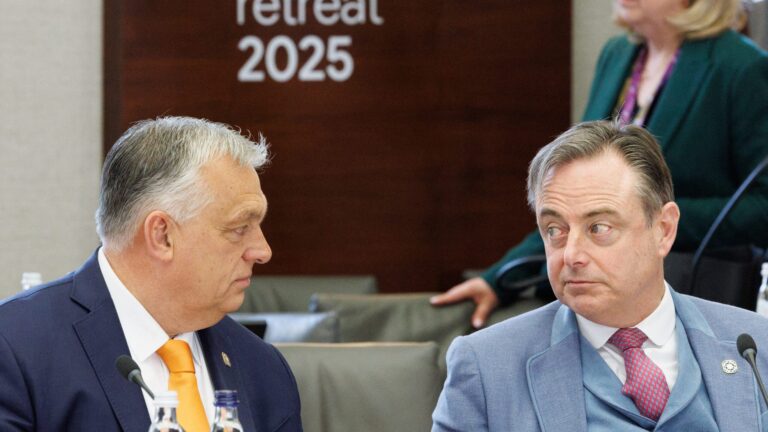Tensions between Slovakia and Ukraine are escalating following a heated exchange of social media posts between Slovak Prime Minister Robert Fico and Ukrainian President Volodymyr Zelenskyy. Relations between the two leaders, already strained, have worsened since Ukraine halted the transit of Russian gas through its territory on 1 January 2025.
In an open letter on Monday, Fico invited Zelenskyy to hold talks on the issue near the Slovak–Ukrainian border. Fico argued that the cessation of Russian gas transit was causing ‘enormous damage’ to Ukraine, Slovakia, and the European Union. He added that he was ‘not alone in holding this position in Europe,’ likely referencing Hungary, which is also at odds with Kyiv over the gas transit cut-off.
Reakcie: 16 tis. · Zdieľania: 1,8 tis. | OTVORENÝ LIST PREZIDENTOVI V. ZELENSKÉMU | OTVORENÝ LIST PREZIDENTOVI V. ZELENSKÉMU Vážený pán prezident Volodymyr Zelensky, Vaše rozhodnutie zastaviť tranzit plynu cez Ukrajinu smerom na… | By Robert Fico | Facebook
OTVORENÝ LIST PREZIDENTOVI V. ZELENSKÉMU Vážený pán prezident Volodymyr Zelensky, Vaše rozhodnutie zastaviť tranzit plynu cez Ukrajinu smerom na…
The Slovak prime minister also reiterated his call for an immediate end to the war and the initiation of peace talks, asserting that he does ‘not believe prolonging the mutual bloodshed in the war will strengthen Ukraine’s position in potential peace negotiations.’
Fico highlighted the positive outcomes of previous discussions with Ukrainian Prime Minister Denys Shmyhal and extended an invitation to Zelenskyy to meet him ‘at the earliest opportunity,’ accommodating Zelenskyy’s schedule on Slovak territory near their shared border.
Zelenskyy responded to Fico’s letter on X in his characteristically undiplomatic style. ‘OK. Come to Kyiv on Friday,’ he wrote. However, on Tuesday, Deputy Speaker of the Slovak Parliament Tibor Gašpar stated that Fico would not travel to Ukraine. ‘That is impossible. I think it won’t happen,’ Gašpar said.
Volodymyr Zelenskyy / Володимир Зеленський on X (formerly Twitter): “Ok. Come to Kyiv on Friday. pic.twitter.com/9lOSLCR7FD / X”
Ok. Come to Kyiv on Friday. pic.twitter.com/9lOSLCR7FD
As reported by Hungarian Conservative, Hungarian Minister for Foreign Affairs and Trade Péter Szijjártó also strongly criticized the Ukrainian decision to halt Russian gas transit. ‘The increase in European gas prices was primarily caused by measures that artificially reduced the availability of natural gas, such as sanctions or political decisions banning certain sources of supply and the blocking of specific transport routes,’ Szijjártó stated earlier in January.
He noted that since the closure of the Ukrainian transit route became permanent in mid-December 2024, the price of natural gas on the European market has risen by 20 per cent. At the same time, he highlighted that Hungary has successfully secured its energy supply through multiple routes, a result of long-term efforts.
Szijjártó also pointed out that while Ukraine is seeking EU membership as a candidate country, it has once again placed the European economy in a difficult position with its latest decision. ‘This is particularly true for Central Europe. I therefore held a phone call with my Slovak counterpart, Foreign Minister Juraj Blanár, to assess the situation following Ukraine’s decision. We agreed that the Association Agreement between the EU and Ukraine must be respected by both parties and that this agreement explicitly includes provisions for maintaining energy transport routes,’ he highlighted.
The Ukrainian response to Szijjártó’s remarks was no less temperamental than Zelenskyy’s reply to Fico.‘If Hungary’s priority is strengthening Russia, then it should openly acknowledge this. Ukraine will be ready to take its place in the EU and NATO if Hungary decides to vacate it in favour of membership in the CIS or CSTO,’ the Ukrainian Foreign Ministry said in a statement.
The ministry further remarked: ‘If Hungary truly wants to help stop the war, it should start by not undermining EU unity but by strengthening energy security and independence for its own country and citizens, along with the rest of Europe and the United States.’
‘Kyiv appears to be maintaining its pompous and arrogant diplomatic style not only with Hungary but also with Slovakia’
Kyiv appears to be maintaining its pompous and arrogant diplomatic style not only with Hungary but also with Slovakia. In the recent exchange of messages, Zelenskyy accused Fico of miscalculating in his foreign and energy policies and criticized his hopes for long-term cooperation with Moscow as a mistake. Ukraine’s president claimed that he had offered Slovakia assistance in adapting to the cessation of Russian gas transit, but the Slovak prime minister ‘arrogantly refused.’
Zelenskyy further alleged that Russian President Vladimir Putin instructed Fico to open a ‘second front’ against Ukraine, referencing the Slovak PM's threat to halt electricity shipments to Ukraine in response to the gas transit cutoff.
The nervousness in Kyiv, and particularly from Zelenskyy, is no coincidence. In less than a week, Donald Trump will be inaugurated, ushering in a 180-degree shift in US policy towards Ukraine. Instead of unconditional military and financial support, Washington will aim to promote peace in the war. This shift will significantly bolster the pro-peace camp within the transatlantic community, a stance previously championed primarily by Hungary and Slovakia only.
This development not only brings us closer to the possibility of ending the war but also signals that Zelenskyy will soon be forced to relinquish his absolute power and call long-overdue elections.
Related articles:

